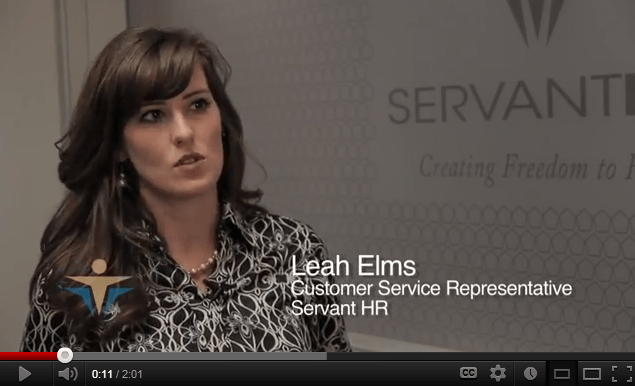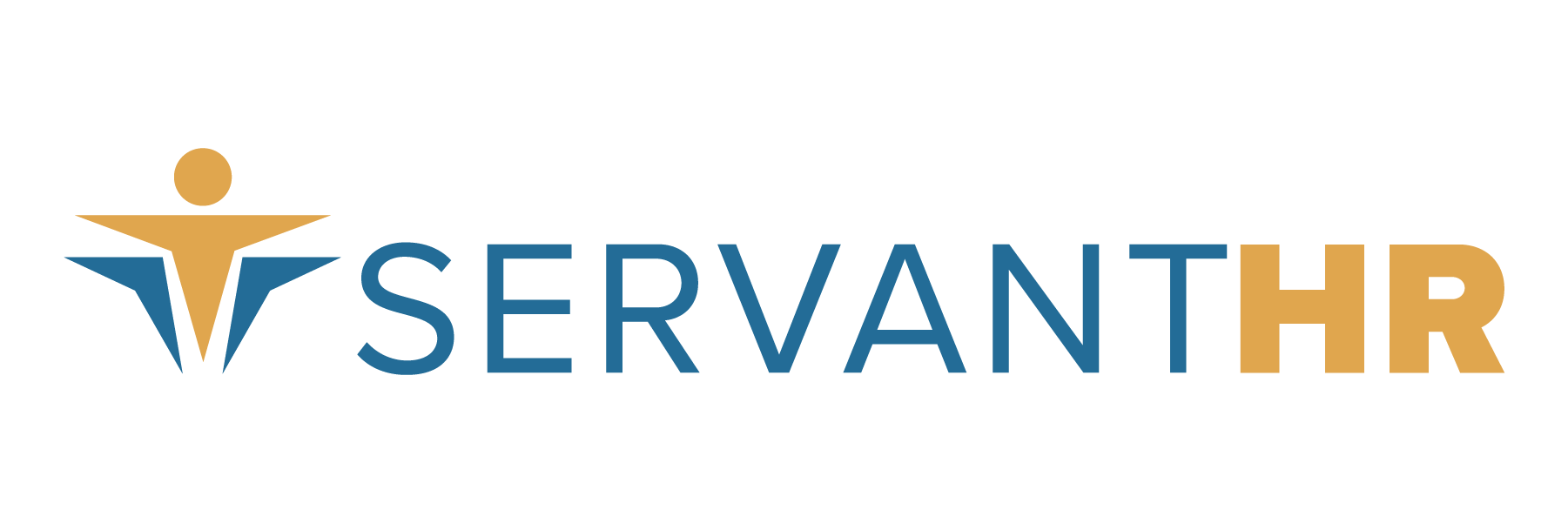Through 2018, business owners will have new requirements to fulfill as part of the Obama administration’s healthcare reform or Affordable Care Act (ACA). The law spans 2,409 pages. In my experience with business owners, they typically aren’t interested in reading thousands of pages of legal details and spending an inordinate amount of time to learn the ins and outs of a reform. But it can be difficult for growing businesses to stay compliant because of the overwhelming bureaucracy, and triggers spurred by increasing employee numbers.
To keep things relatively simple, for 2013, here are three major HR-related requirements business owners need to fulfill to avoid getting into hot water.
1. Beginning March 1, 2013, employers must provide employees with written notice about their state’s health insurance exchanges.
If you follow the news at all, you have heard about health insurance exchanges. Just last week, the federal government extended individual state’s deadlines to make a decision about who would be setting up their exchanges: the individual state or the feds.
The tricky part about the ACA’s deadline, as you may have guessed, is that these exchanges likely won’t be in place by March 2013.
The exchange is a virtual marketplace that allows individuals or small businesses to purchase health insurance. It’s mandated that each state have its own exchange. If a state sets it up on its own, it is responsible for vetting out prospective private carriers to become part of the exchange. This calls for a review of each carrier to make sure they meet and maintain the required standards. Individuals can then go on the online site and get quotes for insurance.
The debate around exchanges is especially because the ACA says states have to carry out the health insurance exchange projects out of their own pockets. Many states have said they weren’t going to do it. Indiana, for one, is struggling with the choice.
2. On 2012 W2s filed in 2013, employers must report the value of employer-sponsored healthcare coverage for each employee.
For example, say I’m a dependent. My company pays $X and I pay $Y into my employer-sponsored benefits plan. The total value ($X+$Y) must now be included on a W2 starting next year.
No clear reason as to why we have to report this has been given. But a few things are sure. With this new requirement, insurance premiums will be more traceable, which relates to the tax value. The government currently knows our pre-tax contributions, but it doesn’t know the amount an employer is paying.
This requirement comes into play more clearly in 2014 when the so-called “play or pay” penalty takes effect. Essentially, if an employer of 50 or more employees doesn’t provide minimum health coverage and also a minimum employer contribution, the employer will pay a penalty. The W2 number in theory enables government regulators to make sure people are staying legal.
Employers of small businesses don’t need to be concerned with this rule — for now. Employers filing fewer than 250 W2s the prior year are exempt from further notice.
3. Flexible Savings Account limits to no more than $2,500 is effective on Jan. 1, 2013.
An FSA is an IRS-created program that allows employees enrolled in a qualifying high-deductible health plan (HDHP) to save for and pay for health-related things such as unreimbursed medical expenses. With an FSA, employees set money aside for impending medical expenses that may incur through regular contributions from their paychecks. When they spend money from their FSA, it is tax free. For example, an employee can choose to save $1,500 at the beginning of the year for their FSA. When that employee goes to the doctor’s office or pharmacy and uses the FSA card, they don’t’ pay taxes on the expense.
Currently, there is no limit on the amount an employer may contribute to an FSA, and generally the employee either uses the money or loses it.
The big advantage of FSAs for employers is they provide a tax shelter. With the cap on the amount that can be contributed, this tax shelter is diminished. In general, a disadvantage of FSAs for employers is that if an employee used the maximum amount of his FSA amount within the first few months of the calendar year and then quit his job, the employer is the big loser. On the flip side, if the employee elects $1,500 and just uses $500 for an entire year, the employer wins by enjoying the tax shelter FSAs provide.
Broader repercussions for employers
Because of healthcare reform and its Medical Loss Ratio provision, there’s a push by insurance carriers to lessen or eliminate commissions for their brokers. With the MLR, health plans have to provide rebates to employees if employers’ percentage of premiums spent on reimbursement does not meet the minimum standards for a given plan year. If an employer gets caught spending less than the standard, they have to reimburse by actually writing checks to the employees.
As a result, carriers are looking for ways to cut costs. In the near future, commissions for brokers are going to look a lot different and, in some cases, are going away. The danger for employers is if you don’t have someone consulting or advising you and your employees, you are the one who is at risk. And with tougher, different rules, you need someone to hold your hand and guide you through the implementation of the healthcare reform.
Unique thing about Servant HR is we automatically have all the data we need to take the steps required to satisfy the ACA requirements. A traditional broker, for example, doesn’t have access to payroll. He can’t do the pay-or-play analysis. We have much more access and abilities.
In the future, we will also see a shift to moving full-timers to part-time work. There will be a huge part-time market develop as employers begin to feel the pains of ACA rules and discover ways to avoid them. Employers have to figure out how to migrate through this landmine.
 Watch this video to see Servant HR’s Leah Elms cover “Three Things Every Employee Should Know About Healthcare Reform.”
Watch this video to see Servant HR’s Leah Elms cover “Three Things Every Employee Should Know About Healthcare Reform.”





